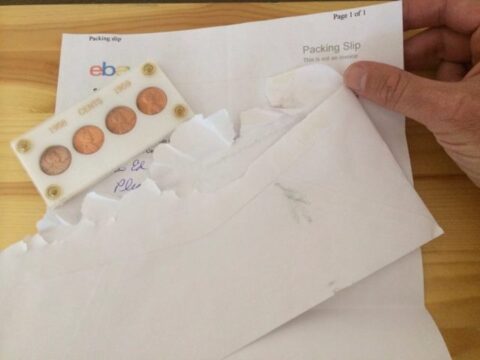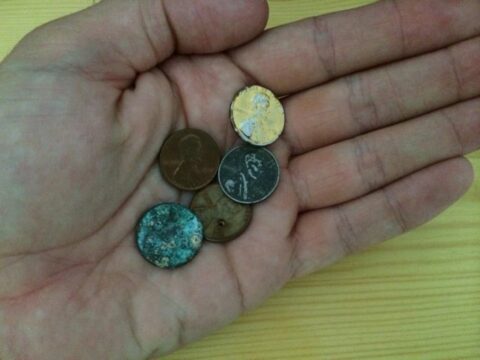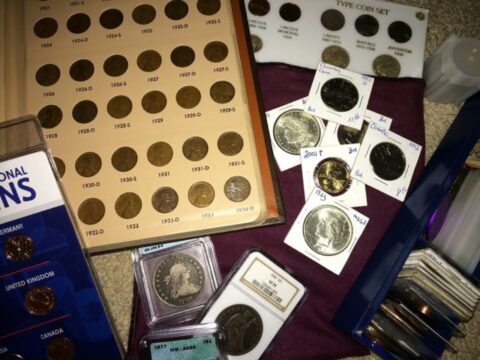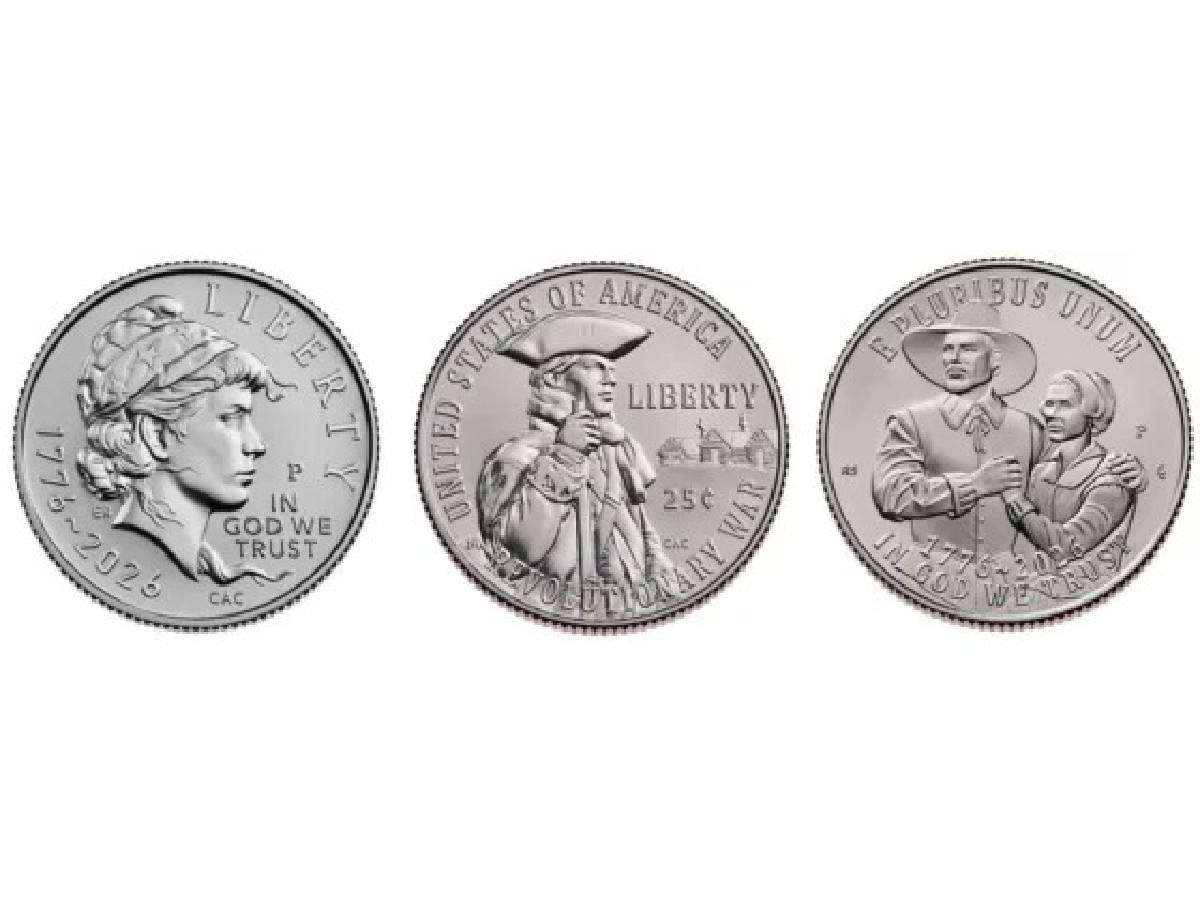If you’re shopping for coins on eBay, you’ve probably noticed some interesting descriptions on many of the coin listings.
Of course, there are words and phrases like:
- “Very Good” and “Uncirculated” referring to coin grades
- “Proof” or “Bullion” referring to the coin’s method of manufacture
- “Cleaned” referring to whether the coin has been doctored in any way to alter the finish
There are many other descriptions, too.
But there are 3 descriptive words I’m always very cautious about when I’m shopping for eBay coins.
What are these words and what do they mean in the context of coins?
#1 – Genuine Coins
Many slabbed eBay coins have the “Genuine” designation.
This may sound like a good thing, and it is — because it means the coin has been certified as authentic by a coin grading company.
But you still must be wary of “Genuine”-graded coins, because that actually often aren’t as good as they may sound.
Here’s why…
Years ago, when somebody submitted cleaned, damaged, or otherwise ineligible coins to a third-party coin grading service like the Professional Coin Grading Service (PCGS) or Numismatic Guaranty Corporation (NGC), they’d be what we in numismatics would call “body bagged.” In other words, they wouldn’t be encased in a plastic slab by the company, but rather sent back in a soft plastic coin flip with an insert explaining why the coin wasn’t officially certified and slabbed.
In recent years, that practice has changed somewhat. More often, coins that are subpar (cleaned, damaged, or otherwise not problem free) are being slabbed with an insert declaring the coin “Genuine,” but no numerical grade will be assigned to the coin.
Slabbed coins graded as “Genuine” make great purchases for those who want an authentic example of a said coin but can’t afford to buy a higher-grading, problem-free specimen.
#2 – Details Coins
Details sound good, right? A coin with details sounds better than, say, one without details, right?
“Details,” really, is a very kind (and technical) way to describe a coin that’s been cleaned or otherwise has damage.
Basically, if a coin that would have originally graded “Fine-12” had been cleaned and later submitted to a coin grading company, it will probably come back with a grade label that says “Fine-12 Details.”
That basically means the coin has surface wear amounting to that seen on a typical “Fine-12” coin. However, the cleaning will be signified by the “Details” adjective.
Sometimes, coin grading companies will also use “Details” to describe a coin that has other types of damage — such as nicks, rim bumps, or other detractions.
Usually, a “Details” coin will be offered at a net-grade price. That means the price point associated with a lower-grading coin of the same date and mintmark will be used to determine the price for that coin.
Commonly, the net price of a “Details” coin is 1 or 2 full grades lower than the stated details grade on the label. So, a “Fine-12 Details” 1909-S VDB Lincoln cent may sell closer to its current problem-free “Good-4” or “Very Good-8” price of $700 or $800, respectively instead of the problem-free “Fine-12” price of $900.
As coin values go, the pricing structures mentioned above aren’t hard-and-fast rules for how a coin transaction may go if you buy a “Details” coin. Every coin — and every coin transaction — is different.
It’s always best, if possible, to negotiate a deal that helps both the buyer and seller feel like a fair price has been reached.
#3 – Estate Coins
Estate coins surely sound, um, stately, don’t they?
You’re probably imagining some valuable, rare old coins that have been tucked away for generations in an attic chest or basement cabinet that are just waiting for some savvy buyer — perhaps you — to pick off from the owner at a great price.
In some cases, that exactly describes what estate coins are, and you can get very lucky with some of the coins you’ll find in estate sales.
But oftentimes, the estate coins on eBay are really no differently priced than any other similar coins found on eBay.
You must still be very careful when buying estate coins, because they’re sometimes cleaned or damaged, and a few are (usually unknowingly) counterfeit.
Still, there’s at least one clear advantage to buying estate coins, and that’s the motivated seller who may be willing to sacrifice getting the highest price so he or she can unload items more quickly.
While there are usually pros to buying estate coins, you should never buy an estate coin (or any coin) with the assumption that it’s authentic, uncleaned, or undamaged. Always scrutinize a potential estate coin purchase just as you would any other coins.
Shop for estate coins with a price guide in hand and inspect photos carefully for grade and coin surface quality. If you’re buying an entire estate collection blindly, bid carefully and consider the downside risks, too.







